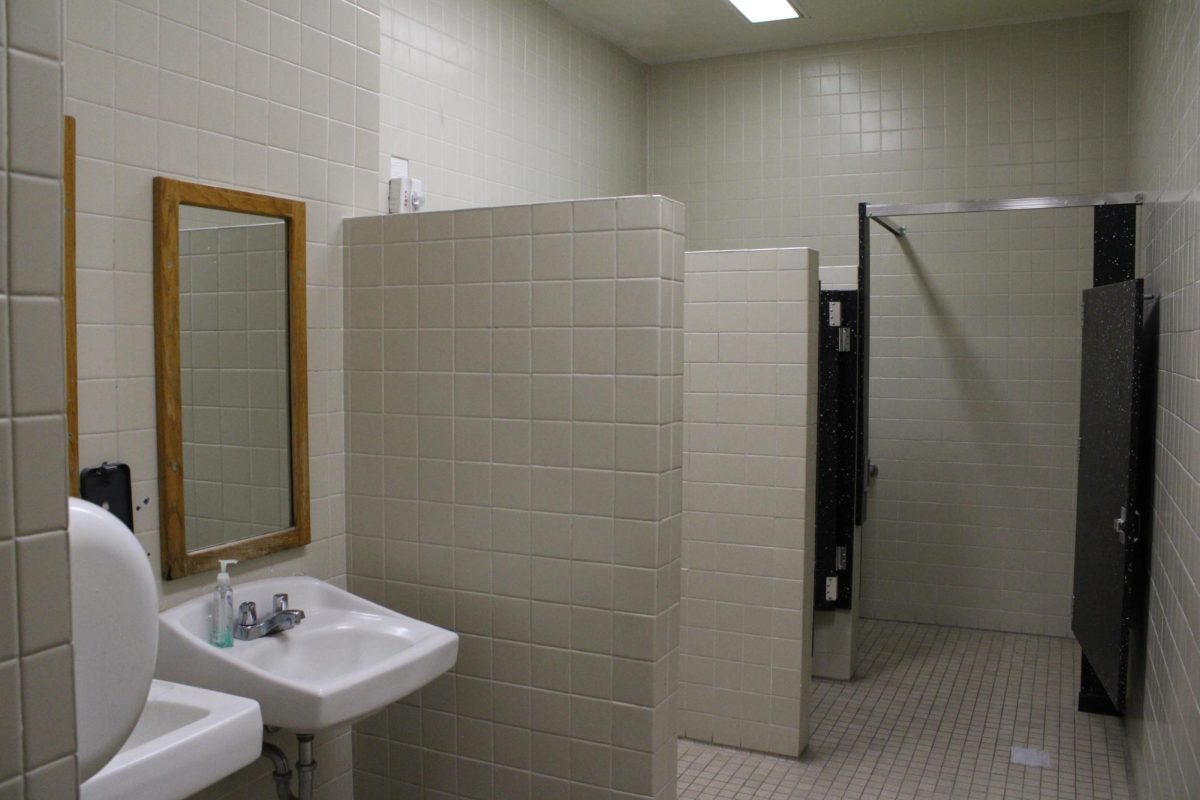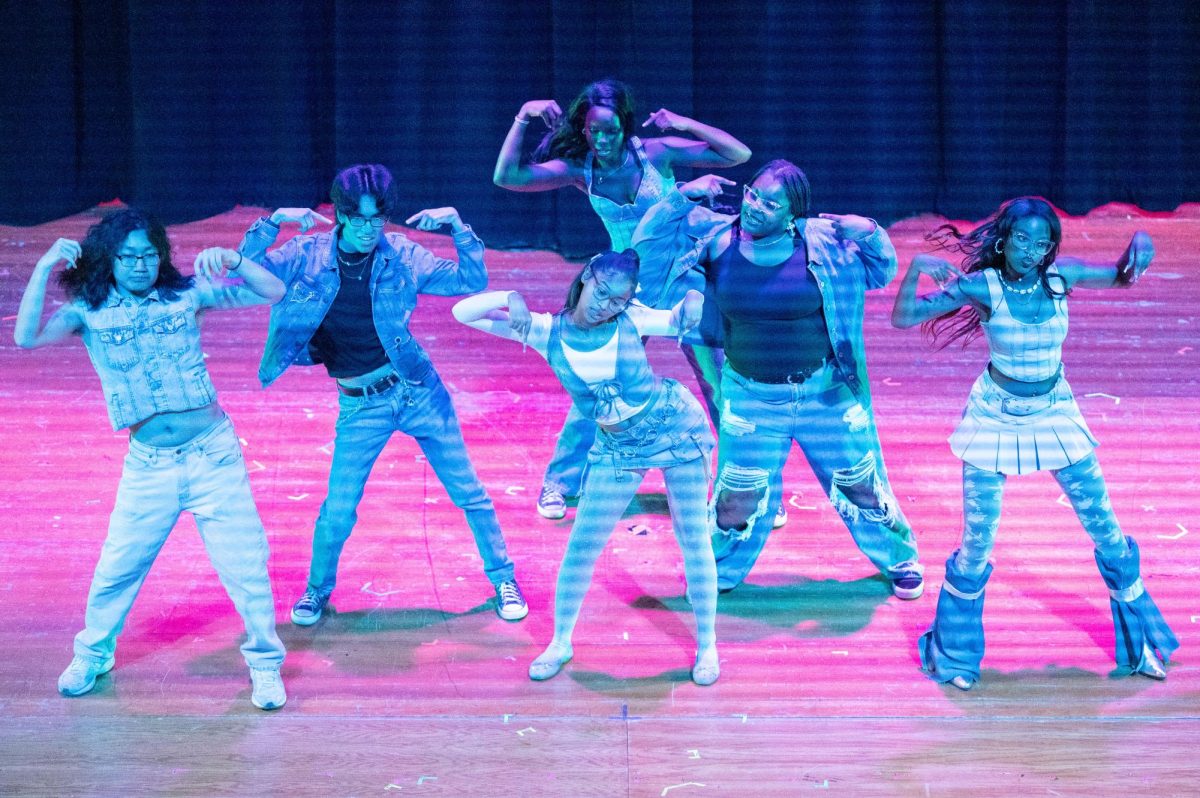Ricketts vetos hair discrimination bill
September 9, 2020
Legislative bill 1060 was introduced to the Unicameral in January by state senator Machaela Cavanaugh. According to the Introducer’s Statement of Intent, the bill would “Expand the definition of race for the purposes of employment discrimination to include traits historically associated with race, such as hair texture and styles.”
Hair discrimination, which the bill aims to stop, is discrimination that largely affects Black people with textured hair or hair in styles like braids or locks.
LB 1060 passed in the Unicameral, but when it went to Governor Pete Ricketts’ desk to be signed, he vetoed the bill. One of the points made in his official statement is that “Under LB 1060, an employer would be unable to uniformly apply its grooming policies without fear of violating the Nebraska Fair Employment Practice Act.” Ricketts also said while he agrees with trying to protect people against racial discrimination, the hair styles mentioned can be worn by any race.
“I think that they’re ill-informed of the legislation,” Cavanaugh said in response to the veto. “There are already workplace protections in place, and this bill does not preempt them. For example, if you are working in a food processing plant and you are required to wear a hair net, as long as that policy is applied to everyone equally, this does not preempt that.”
Hair discrimination is an issue that affects many Nebraskans. Back in February when the bill was being heard, about 15 people came to testify and share their experiences. “It ranges from being asked if their hair is dirty, if they could straighten their hair because the employer didn’t like that it was curly and kinky, and even being fired or not getting promotions if they didn’t comply,” Cavanaugh said.
Currently, seven states have passed a law against hair discrimination, which is called the CROWN Act. The organization that is pushing this law on a nation-wide scale is called the CROWN Coalition. Their goal, which is also the acronym CROWN, is to “Create a Respectful and Open World for Natural Hair.” According to them, black women’s hair is over three times more likely to be perceived as unprofessional in the workplace.
In regard to LB 1060, many Nebraskans have been voicing their disagreement with the veto, and State Senator Ernie Chambers is among them. He protested with a sign that read, “Pete Ricketts has exposed his racism.” In an interview with Omaha World Herald, Chambers said that Ricketts’s veto, “showed that he was doing it based on racism, because it was a bill designed to protect black people.”
LB 1060 aims to combat racial discrimination, which is what Black Lives Matter protests across the country have been addressing this summer. “At this moment in our culture with racial injustice being brought to the forefront so loudly, strongly and passionately, I think that it is tone-deaf for Ricketts to have vetoed this bill,” explained Cavanaugh.
There were calls for a special legislative session to address racial and social issues, but not enough state senators signed on. Therefore, LB 1060 will have to wait until this upcoming January, where Cavanaugh says she will continue to sponsor the bill and reintroduce it until it is passed.

















